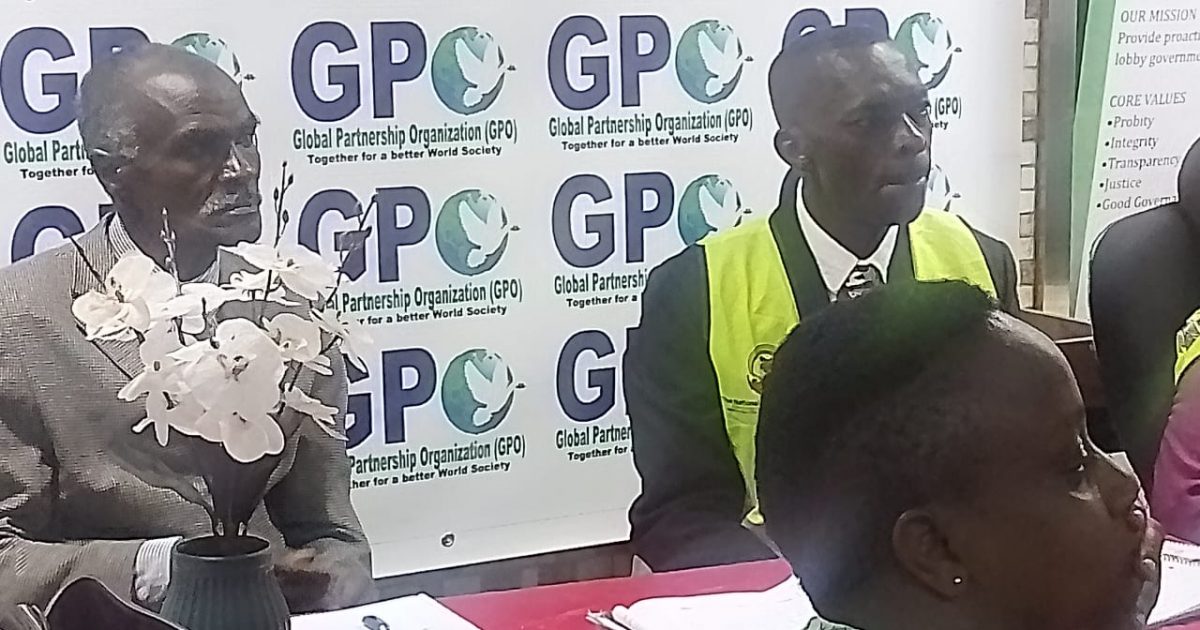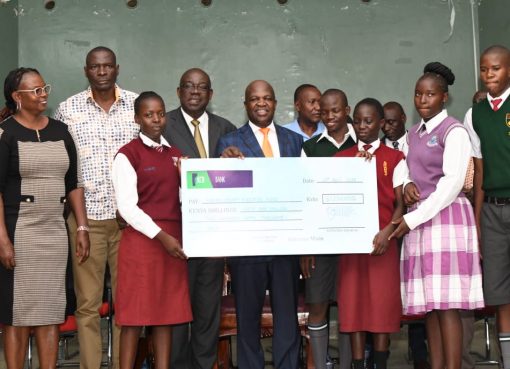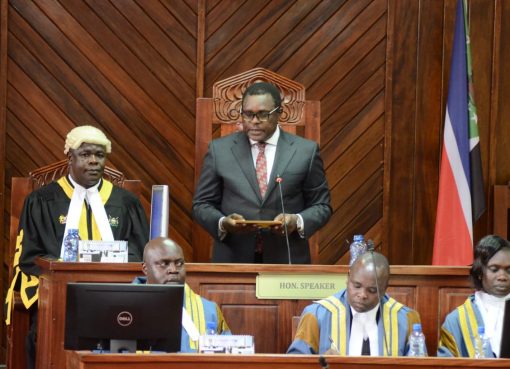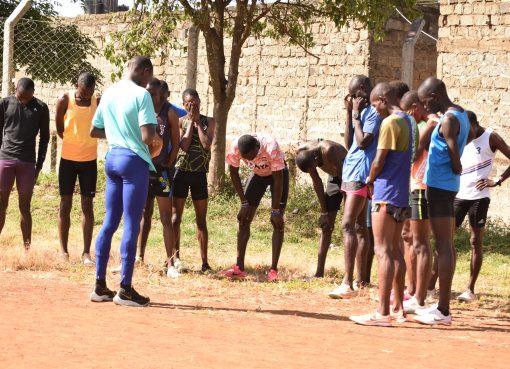Kenyan based Public Benefit Organizations (PBOs) are calling for urgent diplomatic talks following the United States of America (USA’s) government decision to cut aid funding.
The PBO’s leadership in a series of discussions emphasized the need for clear communication with both the USA and Kenyan administrations to mitigate the impact of the decision.
Regional Agency for International Development Leadership CEO David Alulu said that there is need for stakeholders to discuss ways of securing alternative funding and ensuring that vulnerable communities do not suffer due to sudden policy changes.
Alulu noted that funding from the US government has helped Kenya sustain critical medical services and programmes as he called on the government to come up with alternative ways of financing healthcare in the country.
“We are not opposing the decision to cut funding, but we are asking for time to reorganize ourselves as a country,” Alulu stated, highlighting that at least one to two years are needed for a smooth transition.
However, some of the members acknowledged that Kenya must take responsibility for its own development, viewing the move by the US as a wake-up call.
They urged the government to find sustainable solutions, including better resource management and support for local initiatives.
The leaders also emphasized on the urgency of structured negotiations with both the US and Kenyan governments.
Concerns stem from the fact that many African nations, including Kenya, have relied heavily on international aid, especially from the US for funding healthcare, education, and infrastructure projects.
A key point raised was the impact on essential services, such as hospitals supported by USAID. Speakers noted that while the government has struggled to pay local doctors, U.S. funding has helped sustain critical medical services.
Additionally, the leaders proposed writing formal letters to both the US government and Kenyan authorities, seeking a diplomatic resolution and urging the government to devise long-term strategies for self-reliance.
By Khavakali Venesa





